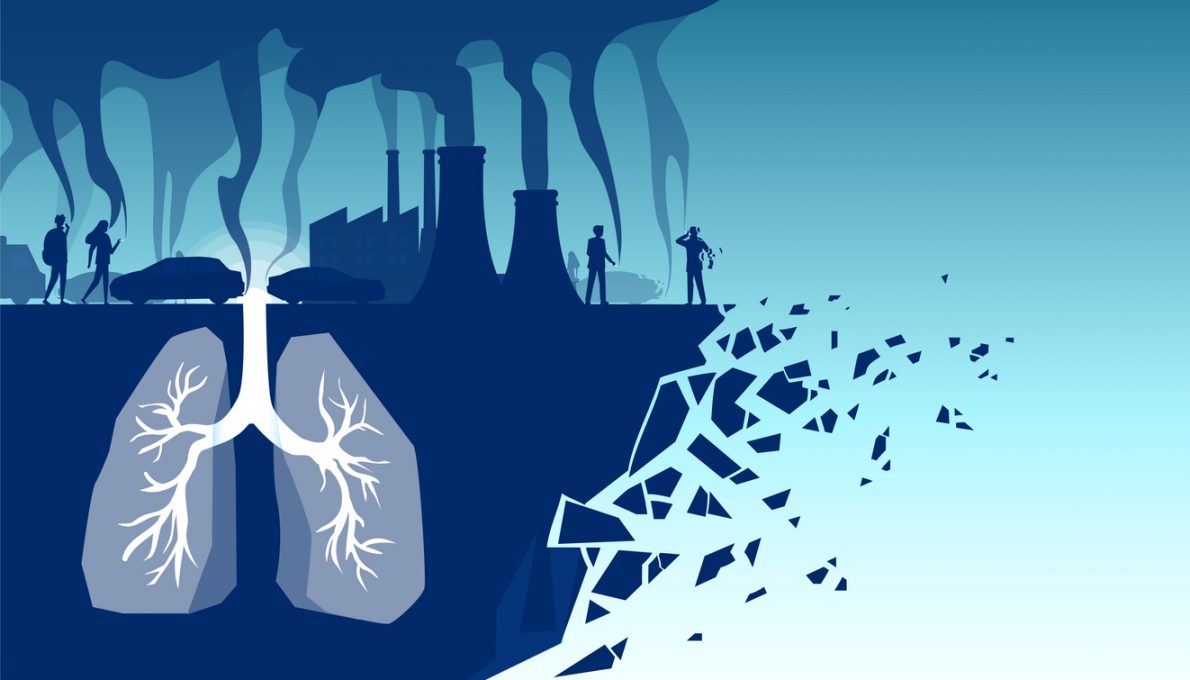BP2C Executive Director Dr. Scott Ratzan was quoted in a September 1, 2021 by Claire Wolters in Verywell Health titled, “A New Federal Office Will Address Climate Change as a Public Health Issue.” The Biden administration established the Office of Climate Change and Health Equity (OCCHE), the first office of its kind at the national level. Authorities said people who are most affected by the COVID-19 pandemic will be the same groups struggling with the health impacts of climate change. Experts say climate change remains the “biggest threat” to public health.
The Department of Health and Human Services (HHS) on Monday established a new office to address the burden climate change places on public health, particularly on vulnerable groups.
The Office of Climate Change and Health Equity (OCCHE), the first of its kind to address climate change and health equity at a national level, was outlined by an executive order from President Joe Biden in January.
Scott C. Ratzan, MD, an expert in health communication at the CUNY Graduate School of Public Health & Health Policy, says that the new office is an essential step in tackling environmental health issues and inequities exposed by the pandemic.
“What happens in health care is not solely determined by medical care,” Ratzan tells Verywell. “All the social determinants and environmental determinants have been clear in what we’ve been trying to deal with for years, in international treaties and so forth. So now it makes even more sense that the U.S. would put this front and center.”
The pandemic has highlighted health disparities among vulnerable communities in the U.S., many of which will be the same groups affected by climate change, HHS Assistant Secretary for Health Rachel L. Levine said in a press release.
“We will use the lessons learned from COVID-19 to address these disparities, prioritizing and protecting the nation’s health,” Levine said.
What Will OCCHE Do?
Some of OCCHE’s responsibilities include:
- Identifying communities that are most vulnerable to climate impacts.
- Addressing health disparities exacerbated by climate impacts.
- Promoting and translating research on climate-based public health benefits.
- Assisting with regulatory efforts to reduce greenhouse gas emissions and air pollution.
- Coordinating with other federal agencies.
- Promoting training opportunities for climate and health workers.
- Exploring private partnerships.
COVID-19 has also revealed the shortcomings in the country’s handling of health disasters, Ratzan says.
“COVID certainly has shown that we’re really not prepared for these kinds of calamities that require international cooperation, and frankly even cooperation from the federal to state to local levels,” Ratzan says, noting shortages of personal protective equipment last year and difficulties with the vaccine rollout in 2021.
“Climate change is bigger than that,” he adds. “You can’t solve it with a vaccine.”
The impact of climate change has ranged from immediate turmoil brought on by environmental disasters like hurricanes and wildfires to more permanent changes of extreme high temperatures, which contribute to cardiovascular and respiratory disease.1 According to the World Health Organization, 250,000 deaths are expected to occur each year from climate change between 2030 to 2050.
“As climate keeps changing, [so does] the ability for infectious disease—the next COVID—to continue to spread and become endemic,” Ratzan says.
The spread of COVID-19, Zika, and Lyme disease are all results of climate change, he adds. Studies have shown that warming temperatures have increased the range of ticks and driven the transmission of vector-borne diseases like Zika and Lyme disease.
Climate threats will likewise worsen social determinants of health such as safe housing and access to quality care, Ratzan says. Structural damage from natural disasters can exacerbate already high rates of homelessness and waterborne disease could come into play if we’re not prepared, he adds.
While forming the new office appears to be a crucial step in combating the world’s “biggest threat,” a combined effort from national, state, and local governments will be necessary to get the job done, Ratzan says.
“It really is, frankly, good to see that this administration is trying to tackle a monumental issue of our time,” he says. “It needs to have the right funding and mandate from Congress as well. That’s the next piece.”
